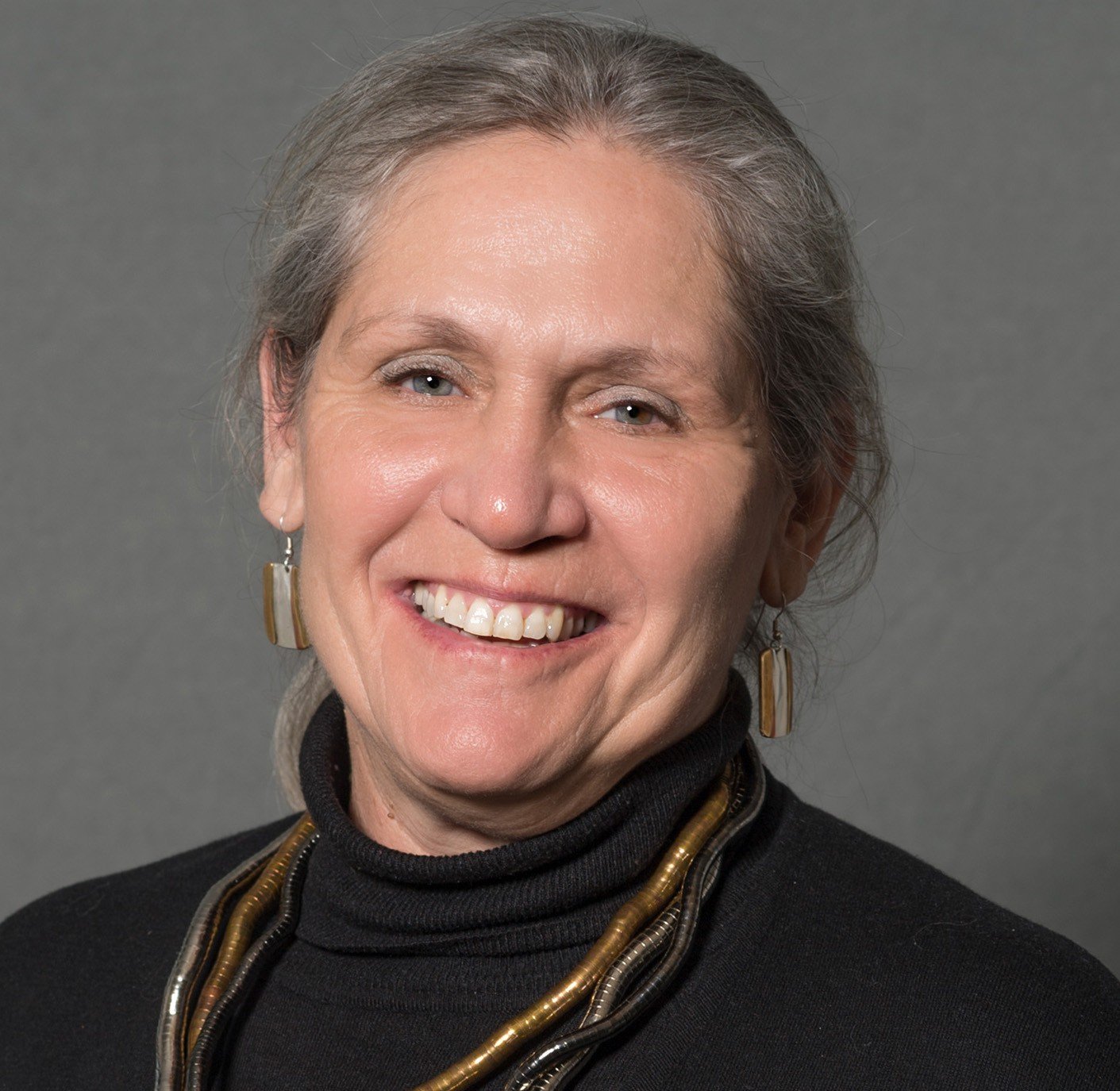May Press Release
This summer, the 19th edition of the Fab Lab Conference—the largest and most strategic digital fabrication event in the world—comes to Bhutan, the Land of the Thunder Dragon.

The event welcomes makers, innovators, educators, government representatives, community leaders, and other stakeholders from around the world to explore the transformative power of digital fabrication and its potential to revolutionize the way modern society addresses ongoing social and environmental challenges. Attendees will have the opportunity to participate in solutions-oriented workshops, panel discussions, and keynote speeches, all aimed at inspiring and empowering them to create positive change in their communities and work toward sustainable solutions for our collective future.
The Fab Foundation is a non-profit organization that promotes and supports the growth of digital fabrication around the world. In collaboration with MIT's Center for Bits and Atoms, Druk Holding and Investments, and the Fab City Global Initiative, the Foundation is hosting FAB23 Bhutan from July 16 to July 28, 2023 in Thimphu, Bhutan.
This is the first of the annual Fab events to be hosted in Bhutan. With a thematic focus on "Designing Resilient Futures," the event will explore how digital fabrication can be harnessed to boost the transformation of the Kingdom's economy through the hybridization of local and global knowledge. This effort connects directly to Bhutan’s new national strategic focus: Believe. At the heart of this shift is a renewed belief in the nation’s capabilities, values, contribution, and future. The conference will embrace Bhutan’s future with digital fabrication solutions, centering resilience and adaptability as the core elements of solution development.
Participants will learn about designing future economies from visionaries and thought leaders representing research institutions, academia, government, and community-based organizations. The event will explore the portfolio of education and training programs that support the development of digital fabrication expertise around the world, while also highlighting the importance of collaboration across international borders and the role of the global leadership community in advancing complex projects to achieve impactful breakthroughs in diverse fields, working toward a regenerative economy.

“Fab Labs are focused on education, innovation, and social impact; their programs and outreach can lead to economic opportunity and development in a community. As seen through that lens, a Fab Lab supports its community's self-reliance, its long-term health and sustainability. We want to grow global and local—or ‘glocal’—collaborations around local community-posed challenges.
The Bhutan team wants the conference to be a catalyst for building resilience and shaping the nation’s future, through connections to—and eventual partnerships between—the global Fab Lab network, local industry and grassroots initiatives, and Bhutan’s many communities. There is so much positive energy and momentum in Bhutan around inventing its bright future, a future that builds and uses the nation’s capabilities, resources, and values.
One important aspiration for the conference is making digital fabrication a catalyst for STEM education across Bhutan. The Royal Society of STEM, JICA, and other partners have set up Fab Labs now in critical educational institutions across the country. This is a national commitment to bringing digital fabrication into education to support and amplify STEM learning for learners of all ages and experience. It is also a sustainable pathway to technical innovation, as it develops innovation skills and mindsets in today’s young learners, who will be tomorrow’s entrepreneurs. By connecting international educators to Bhutan’s educators, best practices can be exchanged and partnerships formed that can benefit both.”
—Sherry Lassiter, President and CEO of The Fab Foundation
FAB23 Bhutan is open to all, attracting a diverse range of makers, innovators, activists, community leaders, educators, and students. Participants are invited to attend the full array of programs over the course of 14 days and encouraged to explore the beautiful and culturally rich Kingdom of Bhutan while they are there.

The Fab Foundation, which emerged from MIT's Center for Bits and Atoms Fab Lab Program, is a non-profit organization that supports and promotes digital fabrication around the world. The foundation operates a global network of Fab Labs, which are community-based workshops that provide access to digital fabrication tools and technologies. The Fab Foundation organizes the annual Fab event, bringing together makers, innovators, educators, and community leaders from around the world to explore and celebrate the transformative power of digital fabrication.
MIT's Center for Bits and Atoms (CBA) is an interdisciplinary initiative exploring the boundary between computer science and physical science. Launched by a National Science Foundation award in 2001, CBA studies how to turn data into things, and things into data. It manages facilities, runs research programs, supervises students, works with sponsors, creates startups, and does public outreach.
Druk Holding and Investments (DHI), the commercial arm of the Royal Government of Bhutan, was established in 2007 upon issuance of a Royal Charter "to hold and manage the existing and future investments of the Royal Government for the long term benefit of the people of Bhutan." DHI, the largest and only government-owned holding company in Bhutan, has shares in 21 different companies operating in the manufacturing, energy, natural resources, financial, communication, aviation, trading, and real estate sectors.
The Fab City Global Initiative facilitates the connection between the maker movement and policymakers in order to build critical momentum toward the development of a new production paradigm—where food, energy, and products are made using local infrastructure and materials. The knowledge and open source prototypes created for this local production are then shared globally, thanks to the power of the internet.
Norella Coronell - Program Manager, Community Relations and Outreach | fabevents@fabfoundation.org
